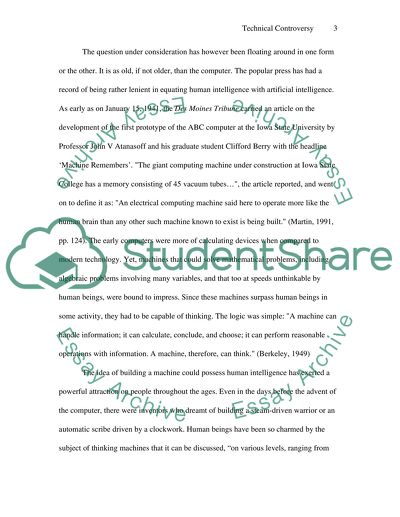Cite this document
(“Technological Controversy Term Paper Example | Topics and Well Written Essays - 2500 words”, n.d.)
Retrieved from https://studentshare.org/miscellaneous/1547325-technological-controversy
Retrieved from https://studentshare.org/miscellaneous/1547325-technological-controversy
(Technological Controversy Term Paper Example | Topics and Well Written Essays - 2500 Words)
https://studentshare.org/miscellaneous/1547325-technological-controversy.
https://studentshare.org/miscellaneous/1547325-technological-controversy.
“Technological Controversy Term Paper Example | Topics and Well Written Essays - 2500 Words”, n.d. https://studentshare.org/miscellaneous/1547325-technological-controversy.


